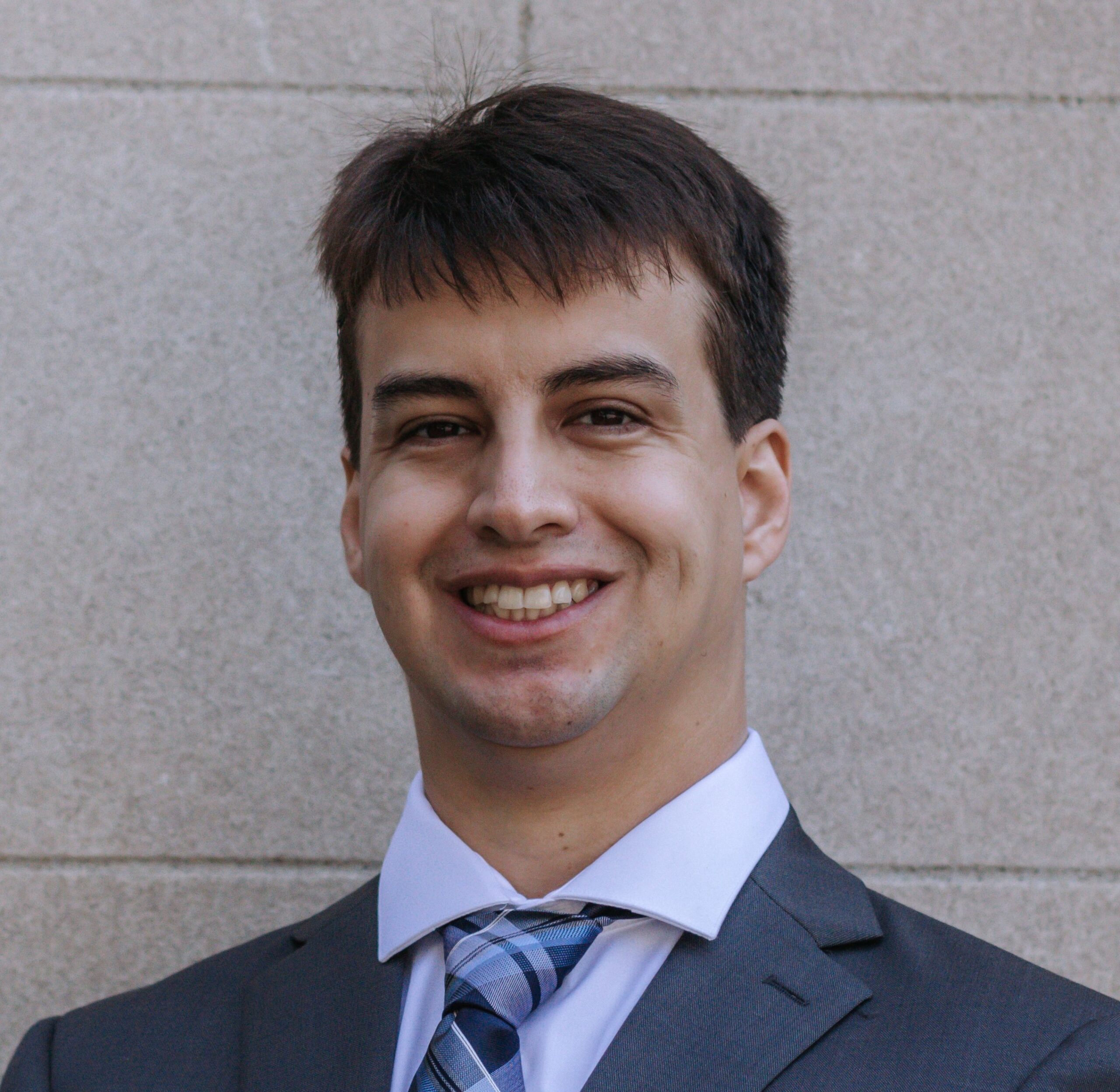About
Seth Villegas is a Lecturer in the Faculty of Computing & Data Sciences (CDS) at Boston University. Seth completed his Ph.D. at Boston University, specializing in the ethics of technology. For the past four years, he has taught ethics as a part of the BU Spark! practicum program, helping students to understand the potential positive and negative impacts of their projects. As part of his research, he compiled a database of case studies that has served as the foundation for courses such as DS380: Data, Society, and Ethics. He also hosts a podcast, called DigEthix, in which he explores these case studies and other recent technological developments.
Can you share a little about your academic background and what led you to specialize in your current field?
Right after graduating from Stanford University, I had a chance to visit one of my friends who was working at Google at the time. I remember having a terrifying realization of just how impactful the people at a company like Google. How do you go about making a decision that will potentially impact billions of people? The more I talked to my friends at tech companies, the more I realized that there was a huge need for help in thinking about the potential consequences of new technologies.
What is your involvement with the OMDS program?
My first role is to act as a facilitator in the ‘AI for Leaders’ speaker series. I will be interviewing industry leaders and experts among our faculty about new developments in AI, the impact on their work, and things that the students may need to look out for. I think the students have an incredible opportunity to ask questions directly to people who are handling rapid changes in the field.
My second role is to teach the ethics component of the OMDS. We’ll go over the most impactful cases from the past several years and providing the students with a framework for articulating their own positions.
What are the main focuses of your current research, and what impact do you hope to achieve in your field?
For the past few years, I have been working directly with the BU Spark! program to develop tools that students can use to analyze the impacts of their works. This work has culminated in a project assessment process that I lead students through. The plan is to refine tools like the project assessment and to potentially make them available outside of the university.
Which courses do you teach at BU Computing & Data Sciences, and what do you enjoy most about teaching these subjects?
The main course that I teach is DS 380: Data, Society, and Ethics. Personally, I love working with data science and computer science students. They always bring a great perspective and have a need to make things practical. This always keeps our conversations grounded in realistic actions and tangible consequences.
I also guest lectures as a part of several BU Spark! practicum courses. These lectures are incredible opportunities to dive more deeply into how ethics plays out in a particular context. Special shoutout to DS 549, the Spark! practicum in machine learning as one of my favorite classes to visit.
Which recent developments in your field do you find particularly exciting? How have they influenced your work and teaching?
I have a long standing interest in natural language processing (NLP), so it is very exciting to see how large-language models (LLMs) can be used and deployed. It is incredible to see how far things have come since 2010, when I first saw NLP in action. We recently used LLMs to read a huge number of ethics policy and advice documents as part of a collaboration between DS 380 and DS 549, the ethics and machine learning courses. Though there are still some questions about their reliability, I am excited to explore the possibility of using LLMs to amplify the scale of our research.
